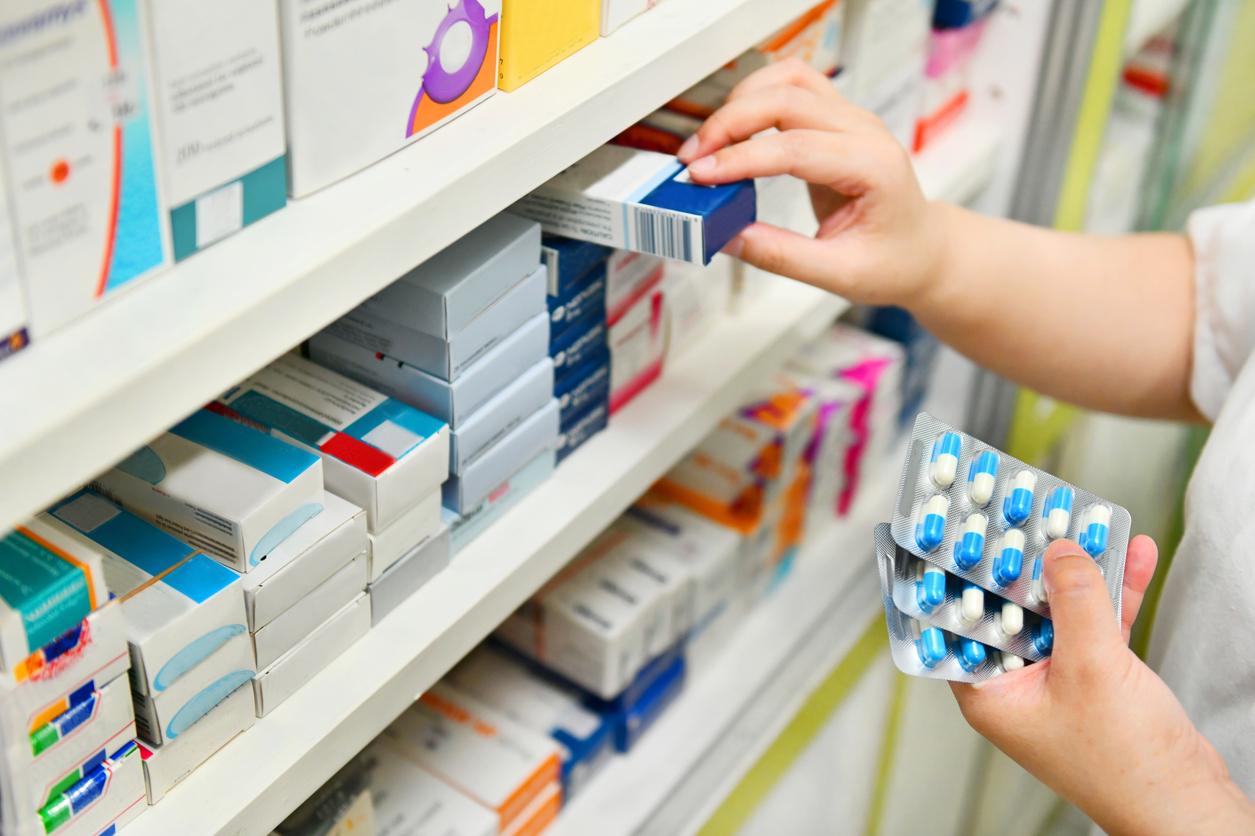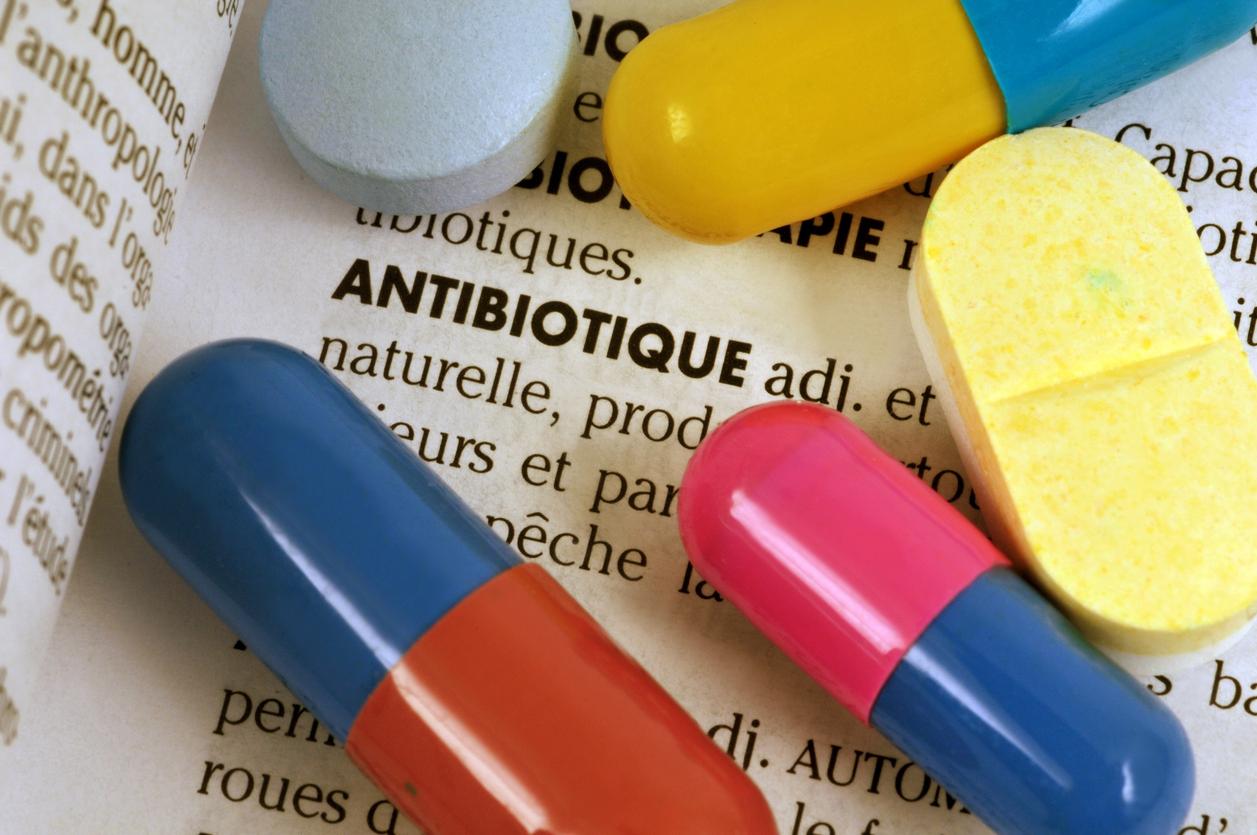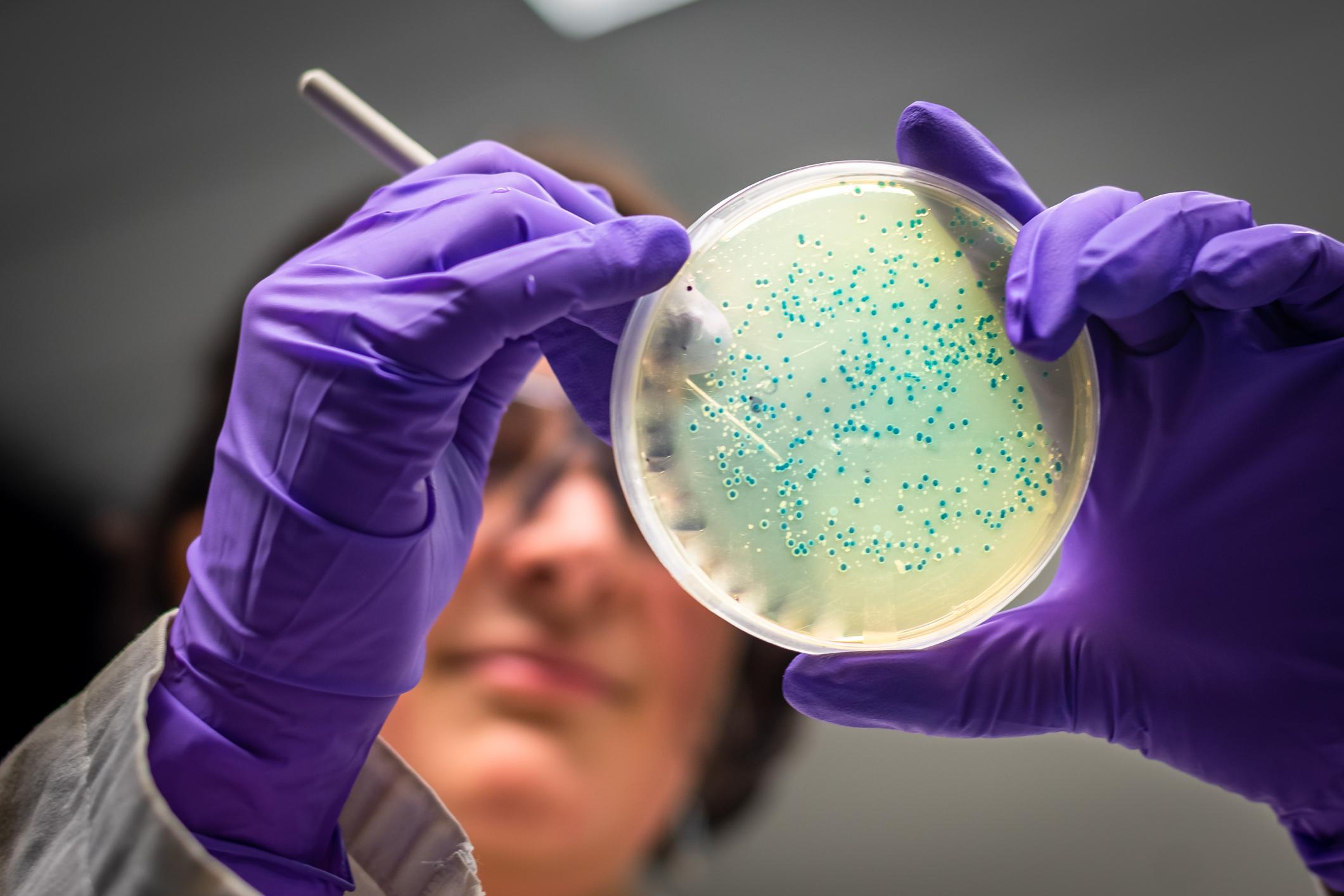Using an antibiotic after unprotected sex could reduce the risk of developing certain sexually transmitted infections such as chlamydia or syphilis.

- STIs are sexually transmitted infections caused by bacteria, viruses or parasites.
- Other studies must be carried out to estimate the resistance of certain STIs to this antibiotic as well as its potential consequences on the intestinal flora.
It is a study which could have a great impact for the prevention of sexually transmitted diseases and which has just been presented during the International AIDS Conference, Montreal, Canada. According to researchers, taking an antibiotic called “doxycycline” right after unprotected sex reduces the risk by more than 60% of developing certain common sexually transmitted infections (STIs). This risk reduction concerns three STIs in particular: chlamydia, gonorrhea and syphilis.
chlamydia
The first, chlamydia, is one of the most common STIs. According to’Health Insurance, in France, more than 276,000 people were infected in 2016. In 60 to 70% of cases, patients have no symptoms but, if left untreated, chlamydia can have long-lasting health consequences term. They are more serious in women who are particularly at risk of ectopic pregnancy or pelvic inflammatory disease.
gonorrhea
Gonorrhea is the second most common STI according to Vidal, with an upsurge in cases in France in recent years. Each year, 15 to 20,000 new people are infected, more than half of them among men under 30. Some patients have no symptoms. But, if they have any, they are different for men and for women. Men may feel tingling, burning while urinating, or whitish discharge from the penis or rectum. Women, on the other hand, may also have pain when urinating or during intercourse, stomach aches and yellowish or bloody vaginal discharge.
Syphilis
Finally, syphilis can have serious consequences if left untreated. Eventually, patients may suffer from neurological or psychiatric disorders, organ destruction or ruptures of large blood vessels.
544 attendees
To arrive at their findings, the researchers looked at data from 544 people, mostly men in same-sex relationships. Some were HIV positive while others were taking PrEP treatment which prevents the virus from growing in the body. In each of these two groups, some received nothing and others received doxycycline after unprotected sex. Thus, the scientists were able to observe that this drug had reduced the risk of STIs by 62% in patients with HIV and 66% in those taking PrEP.
Targeted use
I really believe that we need to think very seriously about deploying doxycycline and how to integrate it into the recommendations”, explained Annie Luetkemeyer, lead author of the study at a press conference. Nevertheless, she specified that this treatment should above all be used in a targeted manner, for those most at risk of being infected with STIs.
















